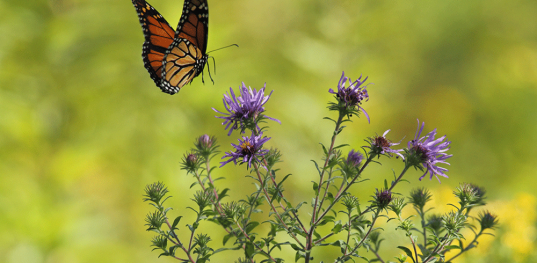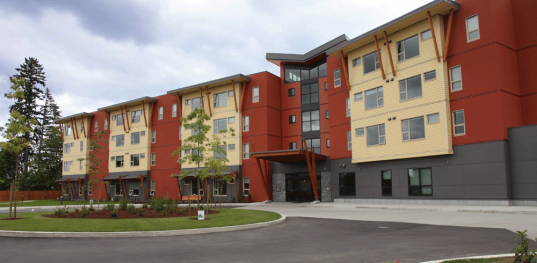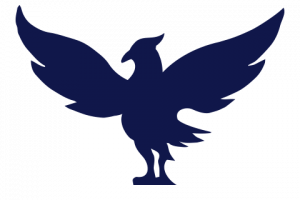Prior to retiring, Rob was the principal of his own law firm, often working with the leading firm of Ratcliff & Company, to improve the lives of First Nations citizens and members.
He ensured First Nations are able to fully exercise their aboriginal rights and title, and advances their interests. First Nations culture, lands and resources, and economic development must be the first priority, not the last priority – and with this approach Rob has seen great success in helping his clients achieve their vision and objectives.
Examples of Clients
Huu-ay-aht First Nations
Rob worked with the Huu-ay-aht First Nations government for the better part of 25 years on countless major projects including the final negotiations before Treaty, land and resource development, social services, housing, and economic development.
Projects
Treaty
- When Huu-ay-aht was taking back control over lands and resources, the heart of First Nations, a fundamental part is having a functional land registry to report out. Rob supported Huu-ay-aht to establish land and resources laws.
- Conducted final negotiations before treaty, put together the team that drafted the 500 pages of laws which were ratified on Effective Date.
- Advancing interests of Huu-ay-aht with “made in Huu-ay-aht” solutions that offer a win-win for all concerned. Turning the page on the colonial Indian Act.
This short film provides a brief introduction to Huu-ay-aht culture, values, territory and people, and sets the stage for a deeper exploration into the challenges faced by a community determined to uphold its culture in the best interests of present and future generations. Produced by Munro/Thompson.
West Coast Trail Visa Checkpoint
- Supported Huu-ay-aht in setting up a visa checkpoint on the West Coast Trail (1998)
- This enforced the need for permission from Huu-ay-aht to cross reserve lands and led to successful negotiations for compensation from Canada
Run-of-river Project
- Assisted Huu-ay-aht in the planning and approval for a run-of-river project on its traditional territory

Social Services
Forestry Practices
Media Coverage

Sarita River hydro project takes another step forward with provincial grant
Ha-Shilth-Sa
Today the Huu-ay-aht First Nations’ development of a micro-hydro project in its territory took a step closer to realization with a financial boost from the provincial government of nearly half a million dollars.
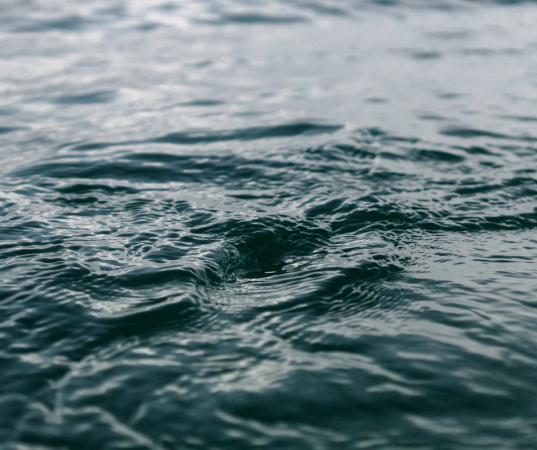
Huu-ay-aht First Nations Poised to Start 5.2MW Run of the River Project
Newswire
Huu-ay-aht First Nations is pleased to announce they will be meeting with BC Hydro on Monday, December 11, 2017 to finalize details on an Electricity Purchase Agreement (EPA) for the Sarita River Hydropower Project.

Huu-ay-aht power plant will create green cash flow
Barkley
he Huu-ay-aht First Nations are taking advantage of green technology to generate a new source of revenue for the community with the construction of a clean-energy power plant on the west coast of Vancouver Island.
Cowichan Tribes
Rob worked with Cowichan Tribes Chief and Council to tackle several major special projects over the years ensuring the community members’ traditional lands and health was the first priority.
Projects
Chances Casino
- Negotiated the agreement for Chances Casino on Cowichan reserve – one of the first casinos on reserve lands
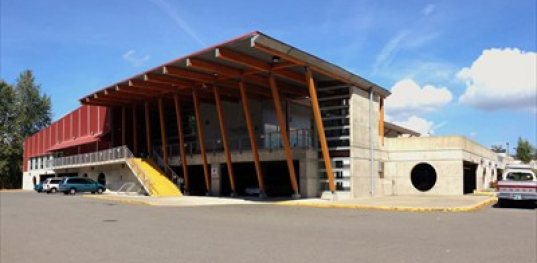
Media Coverage
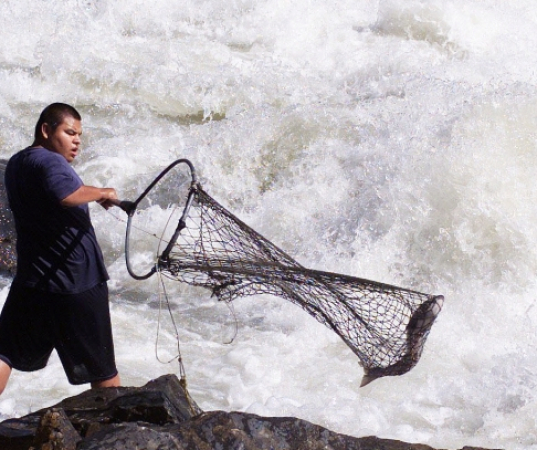
Stephen Hume: First Nations treasure historic ties to water
Vancouver Sun
September 16, 2016 – For the Cowichan Tribes, it’s Hw’te shutsun, a spring-fed woodland reserved for ceremonial and sacred activities. The regional government decided it could be better used as a garbage dump. The Cowichans went to court. Today the site is protected, a reminder that in negotiating new relationships between government, industry and First Nations, water is increasingly going to be, as Kulchyski says, “at the centre of everything.”
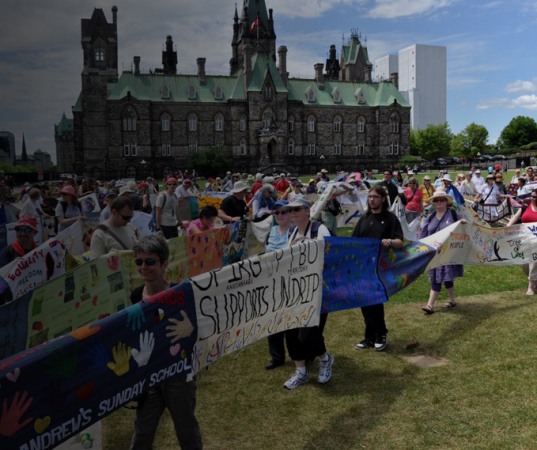
The United Nations Declaration on the Rights of Indigenous Peoples
Kairos Canada
Few people are in greater need of human rights protection than Indigenous peoples. Globally, about 370 million Indigenous people face widespread systemic discrimination, impoverishment, ill health, and dispossession of their lands and resources. Although governments have a duty and responsibility to ensure the welfare and safety of all their citizens, Indigenous peoples are often subject to policies that erode or suppress their rights and…
